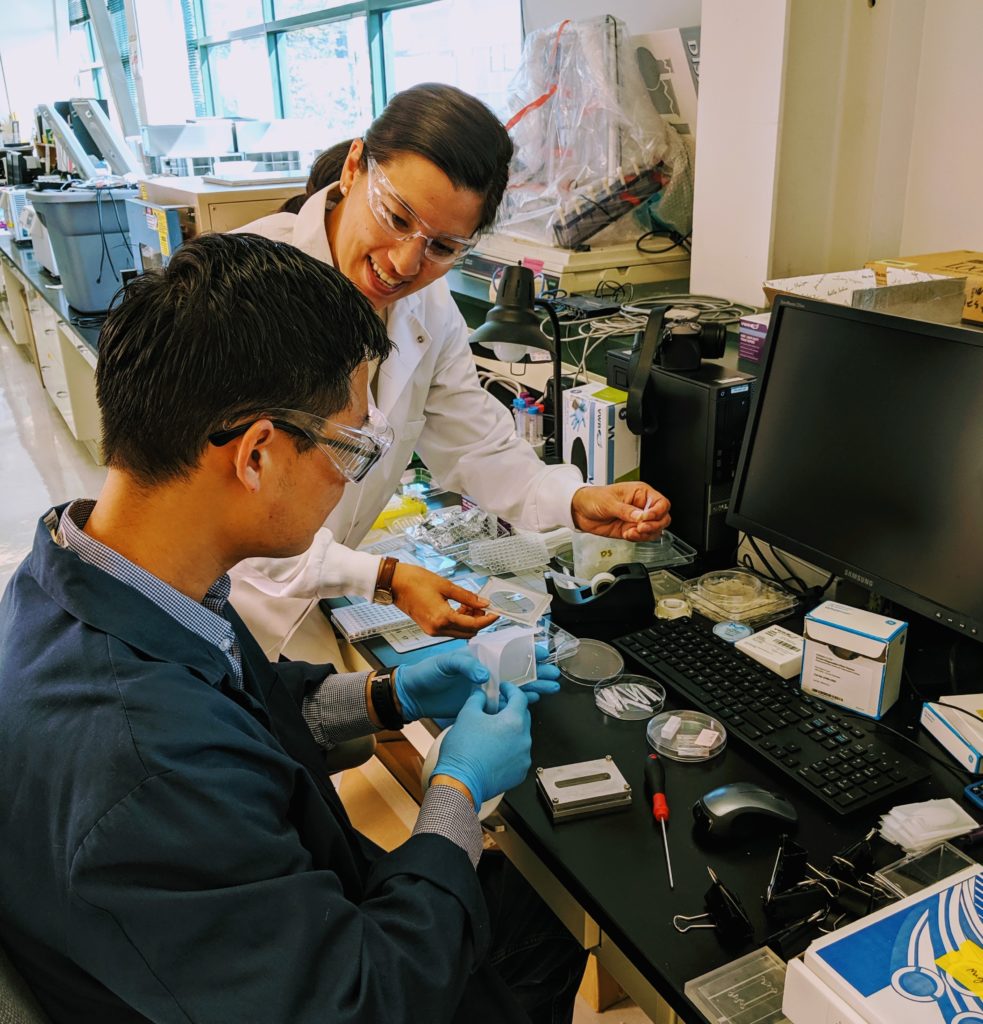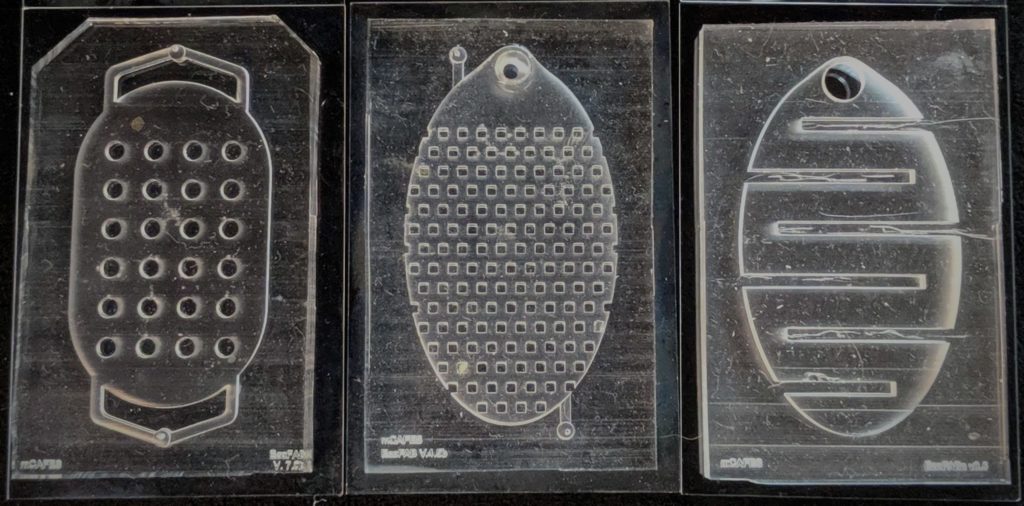This m-CAFE SFA is a collaborative, coordinated and integrated mission-driven proposal that interrogates the function of the soil and rhizosphere microbiome, which has immense implications for carbon cycling, carbon sequestration and plant productivity in natural and agricultural ecosystems. We focus on determining microbial functional roles at hot spots and hot moments during rhizosphere development and punctuated water events that account for a significant percentage of ecosystem carbon transformation and respiration.

We construct fabricated ecosystems (EcoFABs) that recapitulate microbial networks based on studies at the UC Angelo Coastal Reserve and Hopland Research Extension Center, where genomic, proteomic and metabolomic data have provided insights into partitioning of organisms and metabolic capacity with rhizosphere association, soil depth and changing water regimes. Our EcoFABs enable ‘bottom-up’ investigations of microbial networks and will reproduce key physical, chemical, and biological features of soils/rhizosphere integrated with systems biology approaches. Genetic and metabolomics technologies will be applied to rapidly classify proteins of unknown function and interrogate ecological function of members of microbial communities. We will simultaneously develop CRISPR-Cas and RNAi community editing technologies, enabling top-down interrogation of microbe function within intact communities to discover causal microbial mechanisms associated with punctuated water events and carbon flow.

Understanding, recapitulating, and testing mechanisms controlling the forms and flow of carbon through the soil/rhizosphere microbiome is an overarching challenge. Our approach will provide foundational systems and technologies to develop a predictive understanding of the biochemical ecology and role of carbon flow in soil and rhizosphere microbiomes in response to environmental perturbations.
